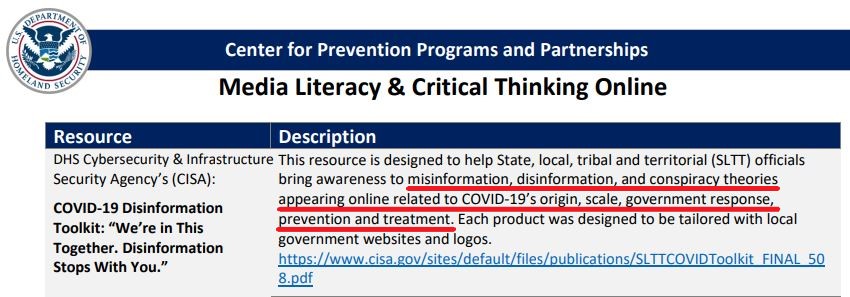"Overview
Digital media literacy (also known as online critical thinking skills) is vital to the safety, security, health, and well-being of individuals and communities. The proliferation of social media and applications has increased the volume of information we are exposed to everyday. With the public health measures imposed as a result of COVID-19, individuals are spending more time online – increasing the risk of being exposed to false or misleading information.
Digital media literacy addresses three types of online content:
- Misinformation is false, but not created or shared with the intention of causing harm.
- Malinformation is based on fact, but used out of context to mislead, harm, or manipulate.
- Disinformation is deliberately created to mislead, harm, or manipulate a person, social group, organization, or country.
Creating or spreading this type of online content can undermine public confidence in our system of government and its institutions."

This bulletin is a work of the United States government. Such works are not entitled to domestic copyright protection under U.S. law and are therefore in the public domain.
